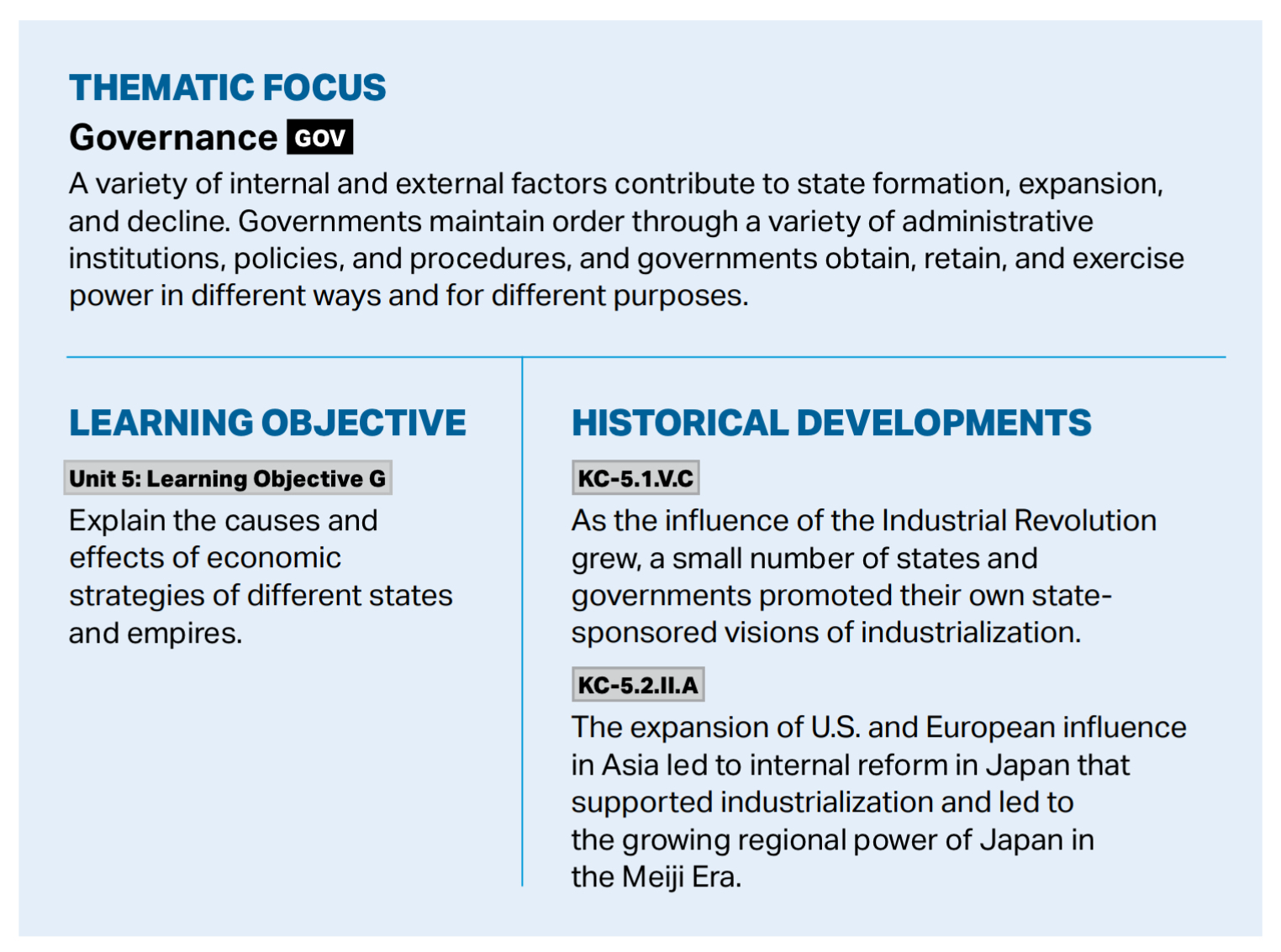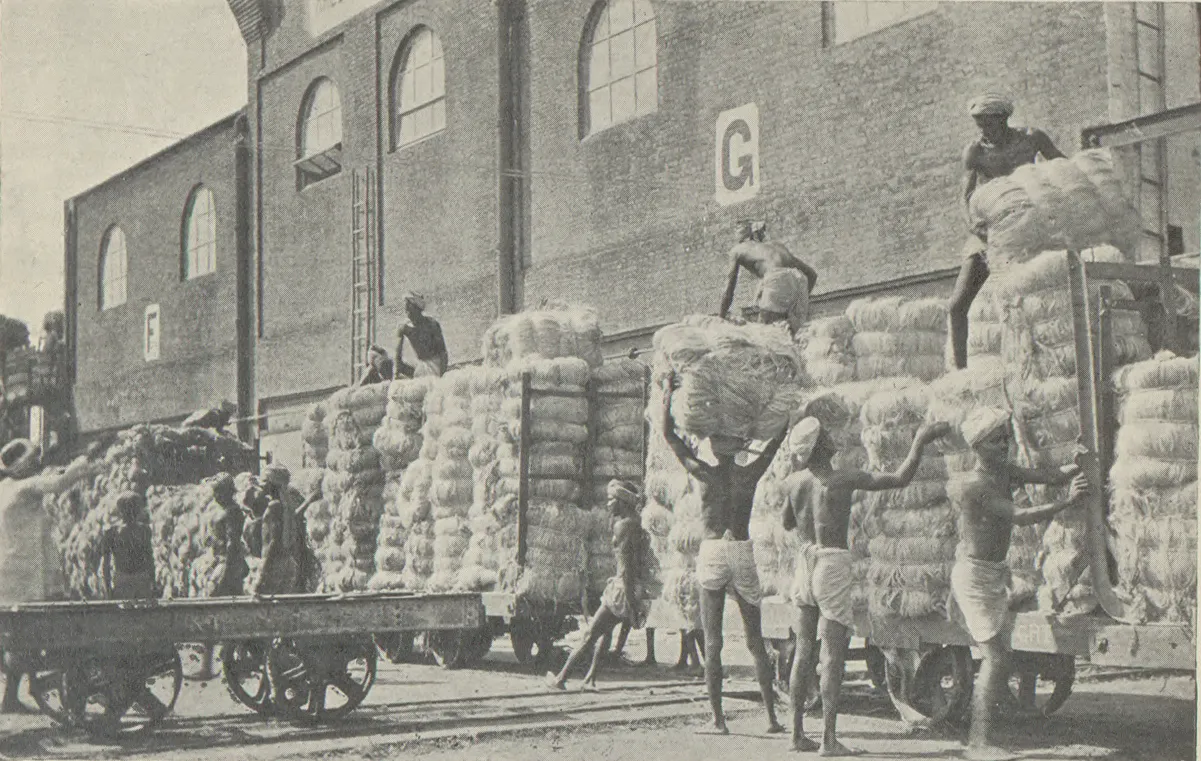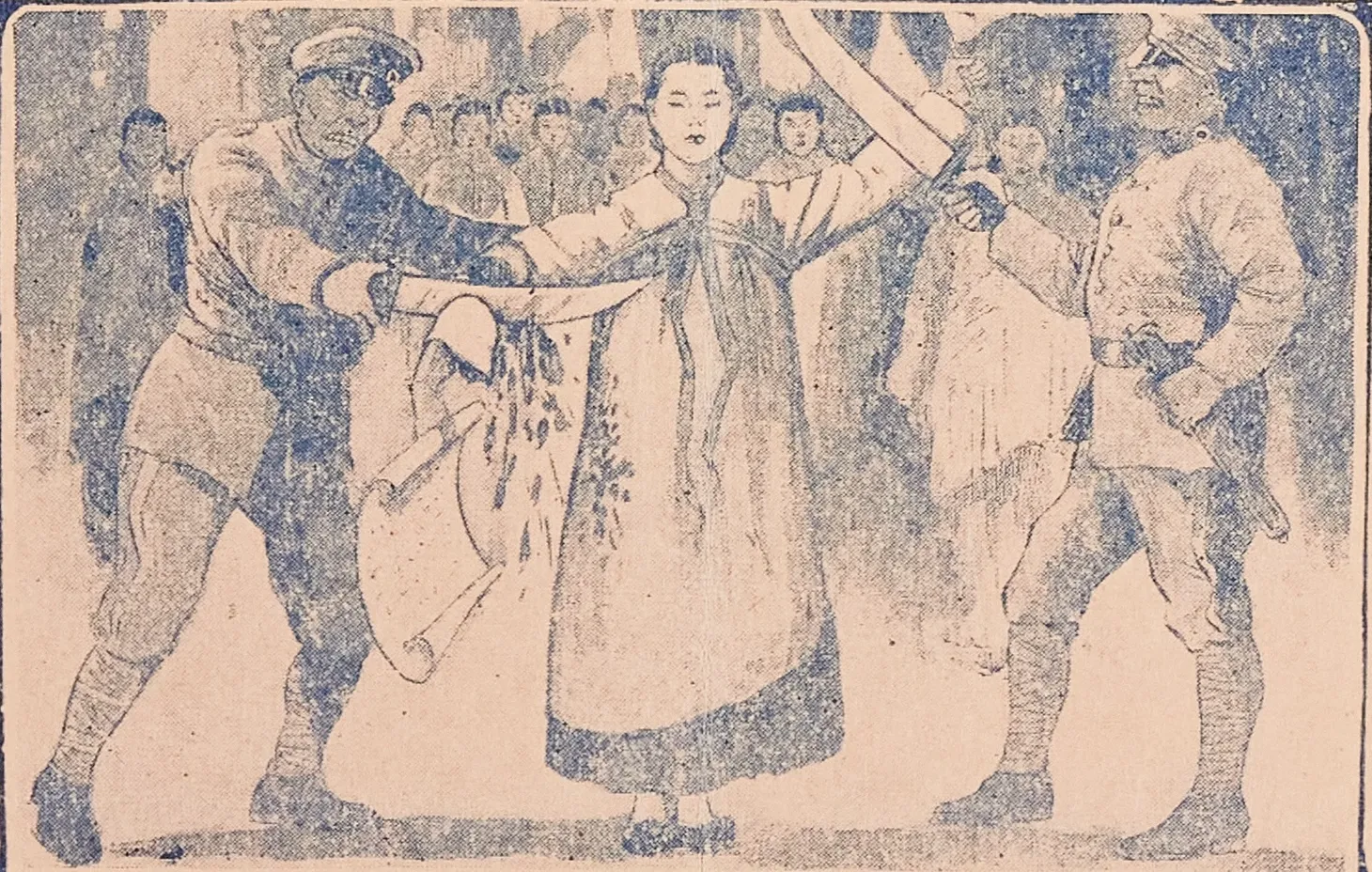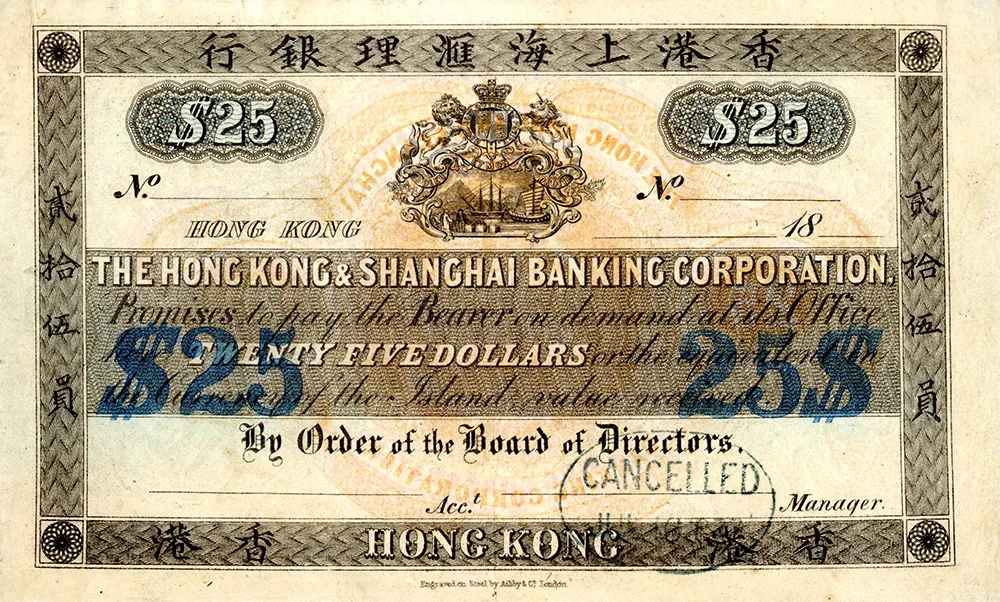“Foreign Customs are Now Generally Understood Throughout Japan”: Foreign Influence on Japanese Reform in the Nineteenth Century
Discussion of how the Japanese understood foreign influences


The Meiji Restoration transformed Japan. Not only did the 250-year-old Tokugawa Shogunate end, but the Japanese also transformed their government and economy. Many of the leaders of the new Meiji government recognized the influence of Western Europe and the United States on Japan. Although we can have students focus on the effects of these influences, they can also learn how the Japanese leaders understood the influence of foreign powers.
The Source
This Content is for Subscribers on the Buy Me Lunch and Buy Me Dinner tiers
SubscribeAlready have an account? Log in



